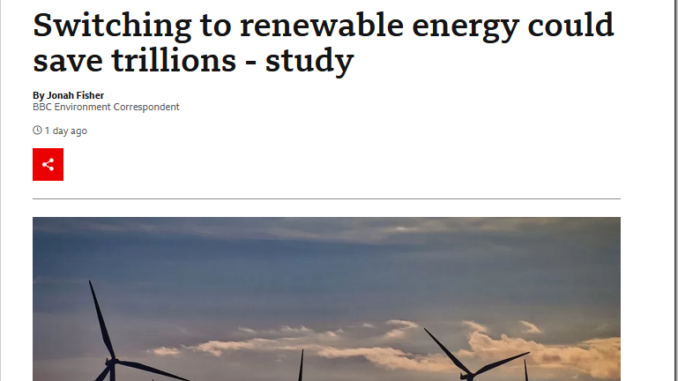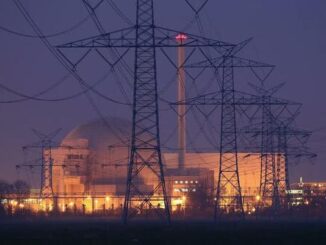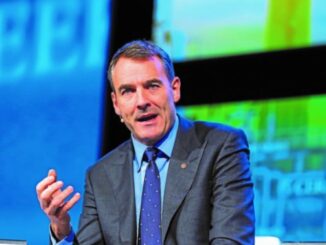
SEPTEMBER 15, 2022
By Paul Homewood
h/t Mr GrimNasty
The BBC are kite flying again!
Switching from fossil fuels to renewable energy could save the world as much as $12tn (£10.2tn) by 2050, an Oxford University study says.
The report said it was wrong and pessimistic to claim that moving quickly towards cleaner energy sources was expensive.
Gas prices have soared on mounting concerns over energy supplies.
But the researchers say that going green now makes economic sense because of the falling cost of renewables.
“Even if you’re a climate denier, you should be on board with what we’re advocating,” Prof Doyne Farmer from the Institute for New Economic Thinking at the Oxford Martin School told BBC News.
“Our central conclusion is that we should go full speed ahead with the green energy transition because it’s going to save us money,” he said.
The report’s findings are based on looking at historic price data for renewables and fossil fuels and then modelling how they’re likely to change in the future.
The data for fossil fuels goes from 2020 back more than 100 years and shows that after accounting for inflation, and market volatility, the price hasn’t changed much.
Renewables have only been around for a few decades, so there’s less data. But in that time continual improvements in technology have meant the cost of solar and wind power have fallen rapidly, at a rate approaching 10% a year.
The report’s expectation that the price of renewables will continue to fall is based on “probabilistic” modelling, using data on how massive investment and economies of scale have made other similar technologies cheaper.
“Our latest research shows scaling-up key green technologies will continue to drive their costs down, and the faster we go, the more we will save,” says Dr Rupert Way, the report’s lead author from the Smith School of Enterprise and the Environment.
Wind and solar are already the cheapest option for new power projects, but questions remain over how to best store power and balance the grid when the changes in the weather leads to fall in renewable output.
https://www.bbc.co.uk/news/science-environment-62892013
This typifies everything that is wrong with the BBC’s climate reporting. It fails to challenge the study’s allegations, instead accepting them as gospel.
The study’s conclusions are solely based on the assumption that the cost of renewable energy will continue to rapidly fall. This assumption derives from “probabilistic modelling”, AKA guesswork. There is not a shred of evidence this will happen, and indeed all of the evidence points to costs increasing, thanks to the debilitating shortage of raw materials needed.
It is telling that the study was written by four economic modellers. and that there is no input at all from energy experts, who would probably dismiss the whole exercise as pie in the sky.
In particular, the modellers fail to provide any proof of how the world can run on renewable energy alone, merely suggesting that hydrogen might play a role.
They also seem to dismiss regional variations, for instance the fact that solar power is pretty much useless for countries in northern latitudes.
Even if they are right and we will all be much better off in thirty years time, they ignore the fact that we will still be worse off in the years in between, as we pay for the cost of the transition and wait for renewable costs to drop.
Prof Farmer says we should all “get on board”. I am sorry, but no sane person would put their future prosperity at risk, just on the say so of a bunch of left wing academics who claim we will better off in the distant future.
This whole argument boils down to two questions:
1) If renewable energy is really so cheap and wonderful, why do we need to subsidise and mandate it, while taxing and banning fossil fuels?
2) If renewables are about to get much cheaper, the sensible thing would be to carry on with our existing energy infrastructure, and wait until renewables are cheaper.



